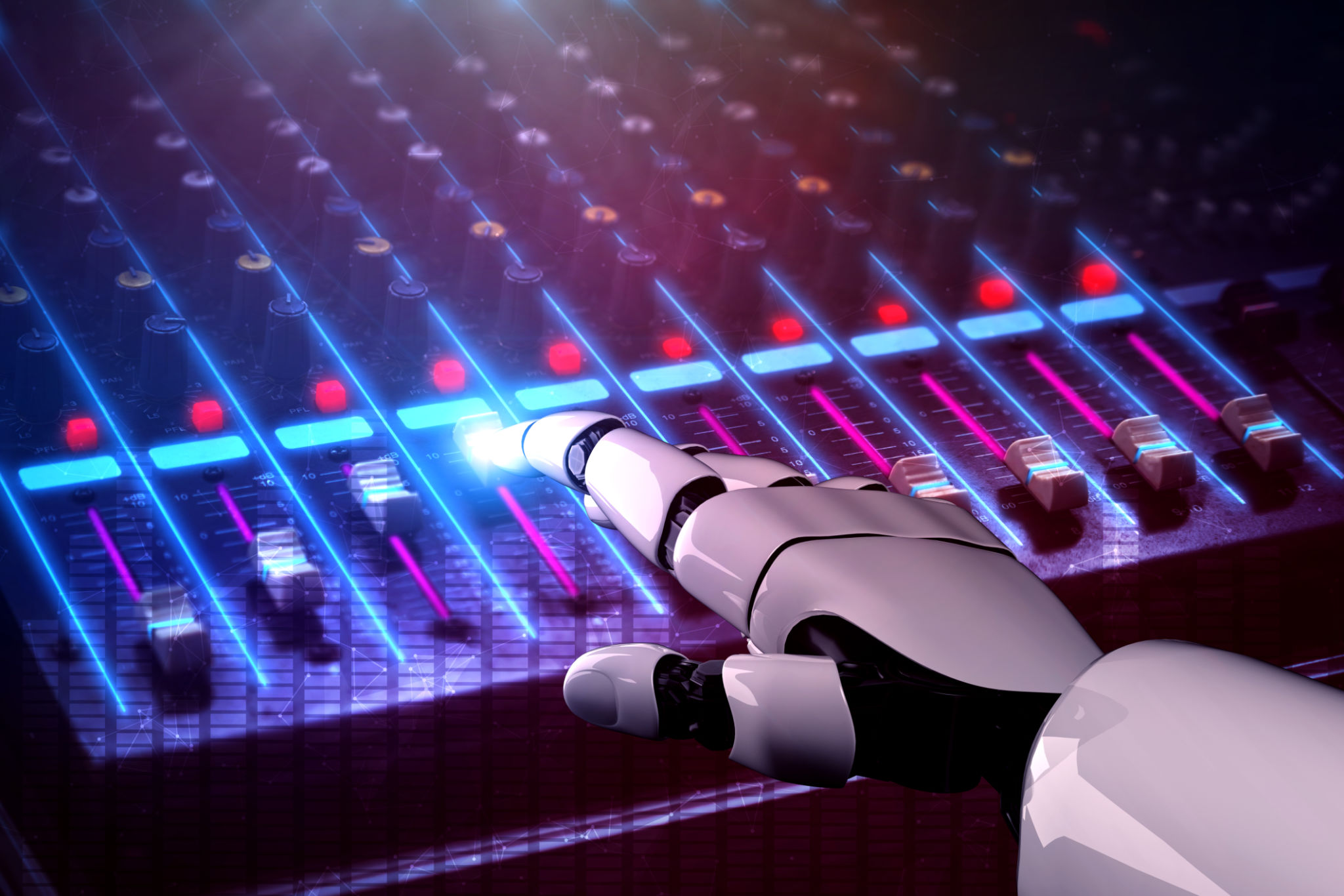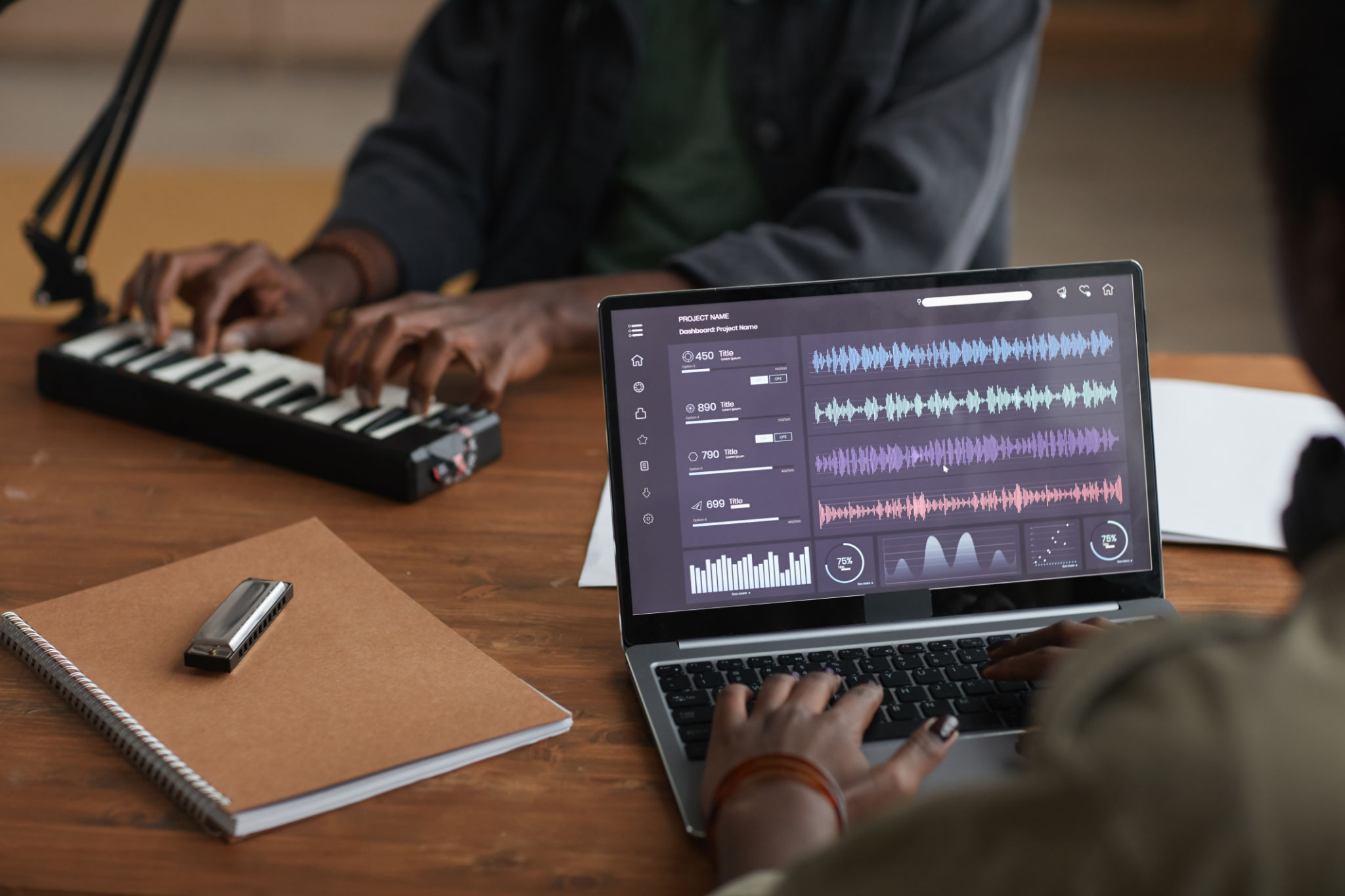Top Trends in Music Production: What You Need to Know
Embracing Technology in Music Production
The world of music production is constantly evolving, with new technologies and trends reshaping the way music is created and consumed. As technology continues to advance, producers have access to an ever-expanding toolkit that allows for more creativity and precision. These innovations are not just transforming the technical aspects of production but are also influencing the creative process.
One of the most significant trends is the rise of digital audio workstations (DAWs). These powerful software platforms allow producers to record, edit, and produce music with incredible flexibility. With features like virtual instruments, real-time effects processing, and intuitive interfaces, DAWs have become an essential part of modern music production.

Artificial Intelligence and Machine Learning
Artificial intelligence (AI) and machine learning are making their mark on music production by offering new ways to generate sounds and automate tasks. AI-driven tools can analyze vast amounts of data to create unique compositions, suggest chord progressions, or even mimic the style of famous artists. These technologies enable producers to experiment with sounds that were previously unimaginable.
Moreover, AI can assist in mastering tracks by adjusting levels and equalization to achieve a balanced mix. This not only saves time but also ensures a high-quality sound output. As AI continues to improve, its role in music production is likely to expand, offering even more innovative solutions for producers.

The Rise of Remote Collaboration
The global nature of the music industry has led to increased collaboration between artists and producers from different parts of the world. Thanks to advancements in cloud technology and communication tools, remote collaboration has become more accessible than ever. Platforms like Splice and Soundtrap allow musicians to share projects in real-time, overcoming geographical barriers.
This trend has opened up new opportunities for diverse influences and genres to merge, resulting in unique musical creations. The ability to work with artists from various backgrounds enriches the production process and leads to more innovative and exciting music.

Immersive Audio Experiences
As audiences seek more engaging listening experiences, immersive audio formats such as Dolby Atmos and Sony 360 Reality Audio are gaining popularity. These technologies create a three-dimensional sound experience, allowing listeners to feel as if they are in the middle of the music. This trend is particularly evident in live performances and streaming services that support spatial audio.
Producers are now tasked with crafting tracks that utilize these immersive capabilities, adding depth and dimension to their compositions. This often involves experimenting with sound placement and movement, creating a more dynamic listening experience for audiences.
Sustainability in Music Production
As awareness of environmental issues grows, sustainability has become a focus within the music production industry. Producers are exploring ways to reduce their carbon footprint by adopting eco-friendly practices. This includes using renewable energy sources for studios, minimizing waste, and choosing sustainable materials for equipment.
Sustainability also extends to digital practices, such as optimizing streaming data centers for energy efficiency. By prioritizing environmental responsibility, the music industry can contribute to a more sustainable future while continuing to innovate creatively.

Conclusion: Staying Ahead in Music Production
Keeping up with these trends is crucial for anyone involved in music production. By embracing new technologies and adapting to industry shifts, producers can remain competitive and continue to push the boundaries of what is possible in music creation. Whether it's through AI-powered tools, remote collaboration, or immersive audio formats, staying informed about these trends will ensure that producers are well-equipped to meet the demands of a rapidly changing industry.
For aspiring producers and seasoned professionals alike, understanding these trends can provide valuable insights into the future of music production. As technology continues to evolve, so too will the creative possibilities available to those who dare to innovate.
